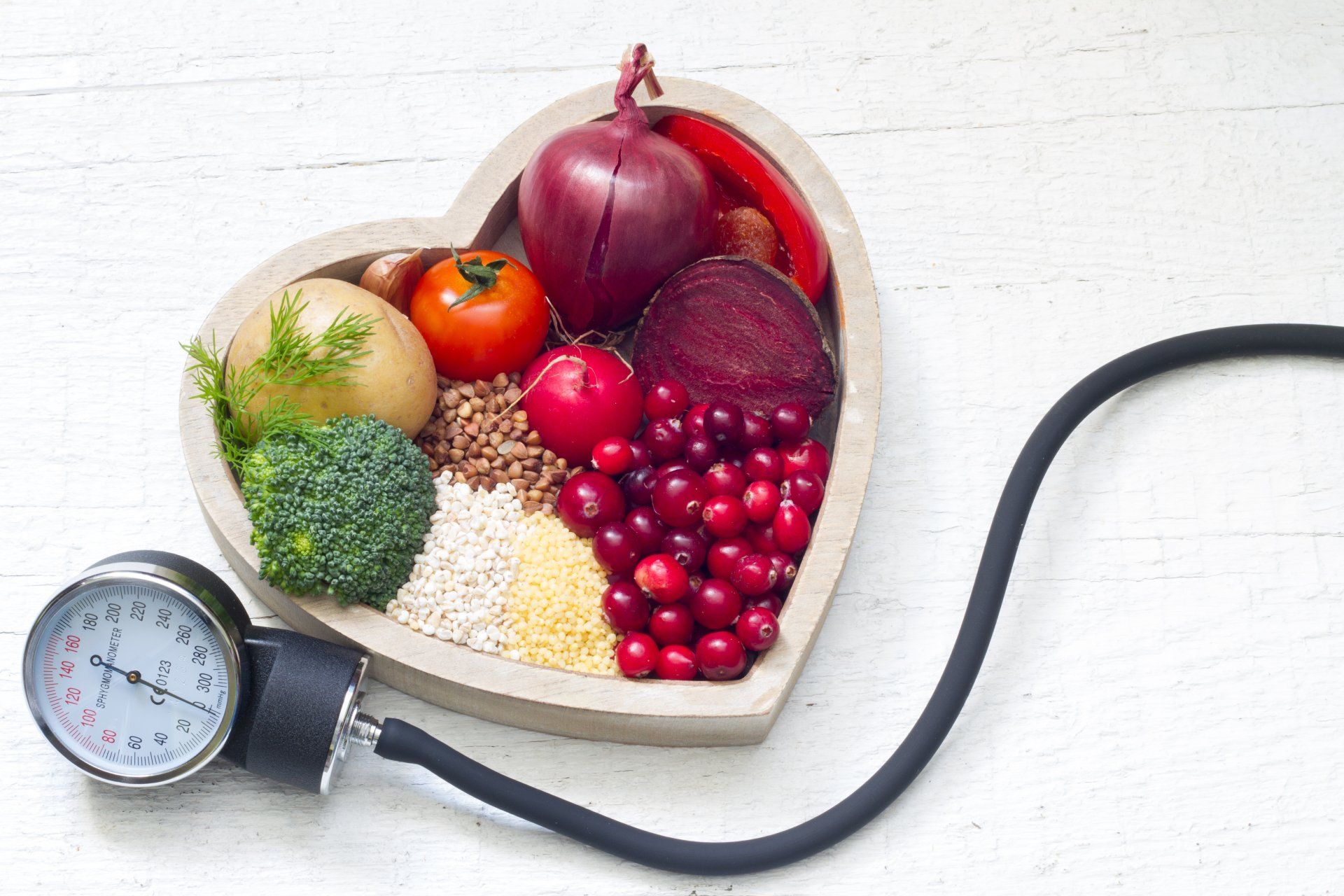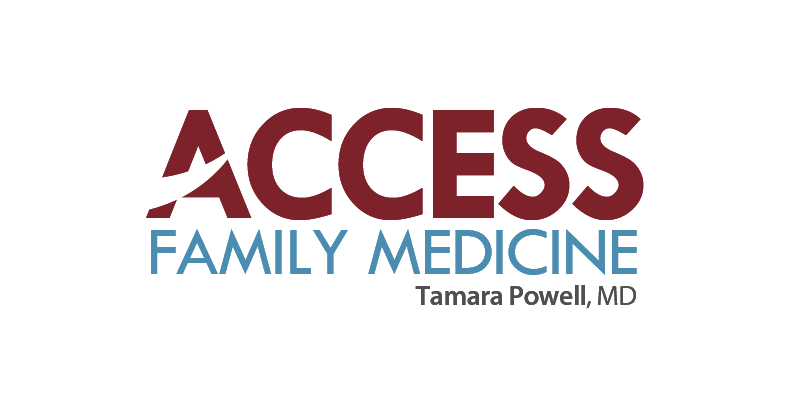Currently, adults 65 and older in Oregon are eligible to be vaccinated. We hope to start soon with 45 years and older who have at least one underlying condition. AFM members, I will be in touch as soon as it’s confirmed.
Oregon has now administered a cumulative total of 1,322,013 first and second doses of COVID-19 vaccines.
The Oregon Health Authority released its latest COVID-19 forecast, which estimated that transmission of the virus increased in December but declined in recent weeks
As access to vaccines gradually expands throughout the state, the projections on spread of the virus emphasize the importance of continuing to practice preventive measures that can slow the spread of the disease. It is important that all Oregonians continue to:
- Maintain physical distance
- Wear a face covering or mask
- Avoid gatherings with non-household members
- Practice good hand hygiene
GOOD NEWS:
OHA reported 1,729 new daily cases of COVID-19 during the week of Monday, March 1 through Sunday, March 7 — a 35% decrease from the previous week.
New COVID-19 related hospitalizations also dropped from 164 to 139, which is a 15% decline from last week and the lowest weekly total in five months.
BAD NEWS:
Reported COVID-19 related deaths increased to 86, up from 57 last week. Be careful, the illness has not gone away
People 70 years of age and older have accounted for 41% of COVID-19 related hospitalizations and 77% of COVID-19 related deaths.
The U.S. Centers for Disease Control and Prevention announced today, March 12, updates to its guidance for child care programs during the pandemic, emphasizing the importance of mask-wearing for everyone 2 years of age and older, as well as air ventilation and other strategies.
View the full guidance.
On a slightly different note:
Since the American Red Cross launched modern blood banking in the 1940s, blood donors have supported our lifesaving services through incredible contributions of blood, platelets, and plasma. Generations of blood donors have known that help can’t wait, because patients are depending on this lifesaving gift.
Right now there is a critical need for blood. Your donation is essential to help avoid a severe shortage during a time when bad weather and illness cause cancellations and keep donors at home.
Will you continue to support this legacy of care by making a donation this month?
Upcoming opportunities to give blood:
Grants Pass Community
1360 NE 9th St.
Various days and times available.
All donations are tested for Covid-19 antibodies, which is, you know, kinda cool!
Be well,
Dr. Powell



